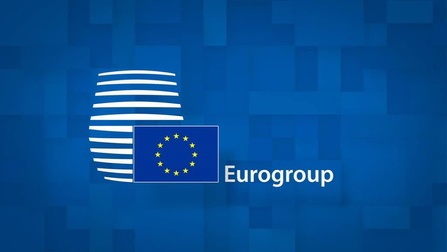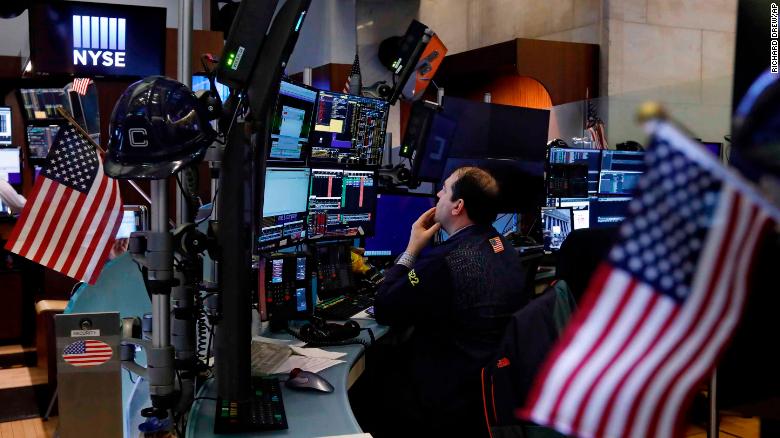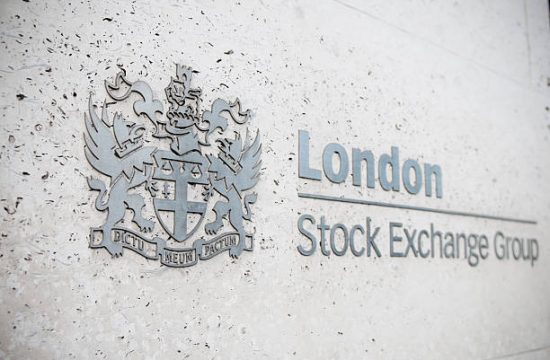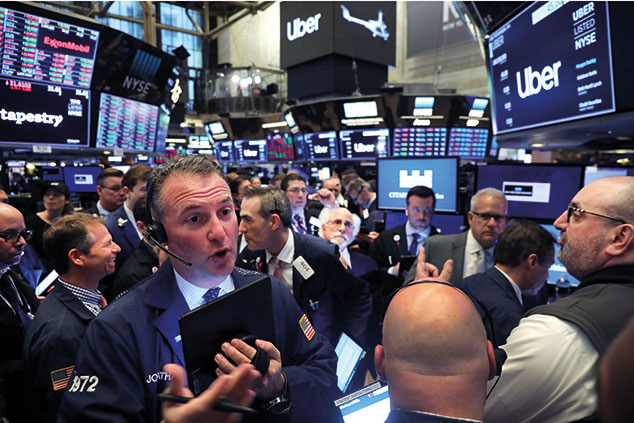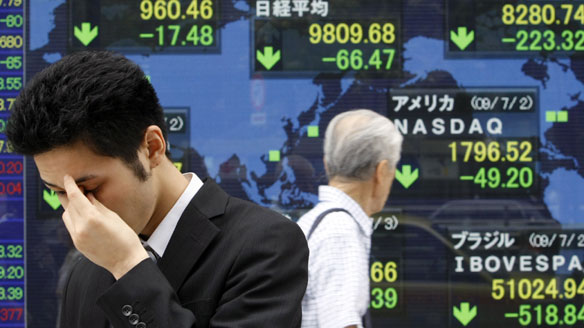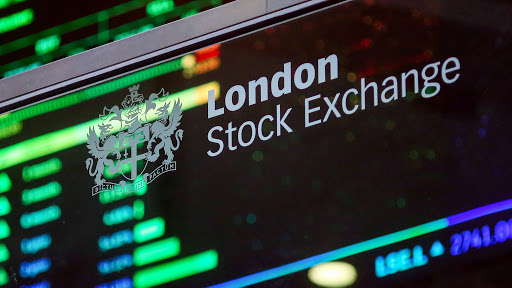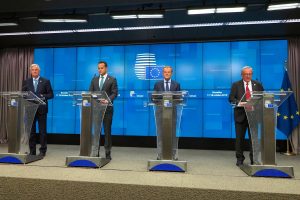
SUMMARY: At today’s meeting, EU leaders endorsed the three safety nets negotiated by the Eurogroup two weeks ago and gave a mandate to the EC to present a proposal of recovery fund backed by the multi-annual budget on the next meeting scheduled on May 6.
Earlier today, I wrote on Twitter that we could consider the EUCO meeting is a success if EU leaders agree on key principles for a big recovery fund, which would mean that tensions between Northern Europe and Southern Europe have eased. There are still plenty of pending issues that need to be addressed, as we will discuss in this note but, overall, the outcome of the summit is rather encouraging given that expectations were not high and the EU is functioning based on lengthy deliberation and consensus.
Summit results
- From a pure diplomatic perspective, it was an okay-ish summit. It was reported that the Dutch Prime Minister Rutte, who is a hardliner against debt mutualisation, was very cooperative and that there were no major clashes between heads of state and government. To some extent, the rather short duration of the summit is certainly the sign of a good and cooperative atmosphere.
- As expected, the three safety nets worth €540 billion for workers, businesses, and sovereigns have been endorsed and will be operational by June 1. Ahead of the summit, Italy had considerably softened its tone regarding the ESM credit line, and it seems that the topic was not a major issue during the videoconference.
- The EU leaders also welcomed the EC’s “Joint Roadmap Recovery”. It is a non-binding 5-page document (see here) that enacts very broad and consensual principles based on solidarity, cohesion, and convergence.
- The EUCO gave a mandate to the EC to present a proposal of recovery fund backed by the multi-annual budget (MFF) on the next meeting scheduled on May 6. At a video presser following the meeting, EC Von der Leyen gave early indications on how it will be funded. It will ultimately be a mix of “loans and grants” which tends to suggest that the MFF will be used for traditional transfers (via funding for regional and cohesion policy and other tools) and the recovery fund itself will disburse grants to member states. Needless to say, Southern Europe prefers grants, while countries from the Frugal Four want loans. It is already bright and clear that the good mixture between loans and grants will be up to political agreement between member states, probably after May 6.
The battle lines ahead
For those who prefer to see the glass as half full, what is remarkable about the meeting is that there is a broad agreement that more is needed to face the crisis and that the recovery/MFF plan should be consisting of both loans and grants. There are reasons for hope.
For those who prefer to see the glass as half empty, the EUCO represents a major failure to show solidarity in a timely manner to EU countries in disarray, and it seriously questions the ability of the EU and the eurozone to act fast when most needed. The political credibility of the UE has already been damaged through the loud disputes of the past weeks while the economy is falling apart, the CAPEX intentions are collapsing, companies are cutting headcounts, and PMIs are a horror show. A strong political signal at the forthcoming meeting will be required to repair the damages caused by the EU leaders’ complacency.
In our view, a physical meeting will be needed to narrow differences about the MFF/recovery fund, which means that it will take longer than May 6 to reach a final agreement. And when it finally happens, we will have to analyze it thoroughly in detail as the EU often has the bad habit to re-classify /re-direct already planned expenditures, which makes the real package often much smaller!

